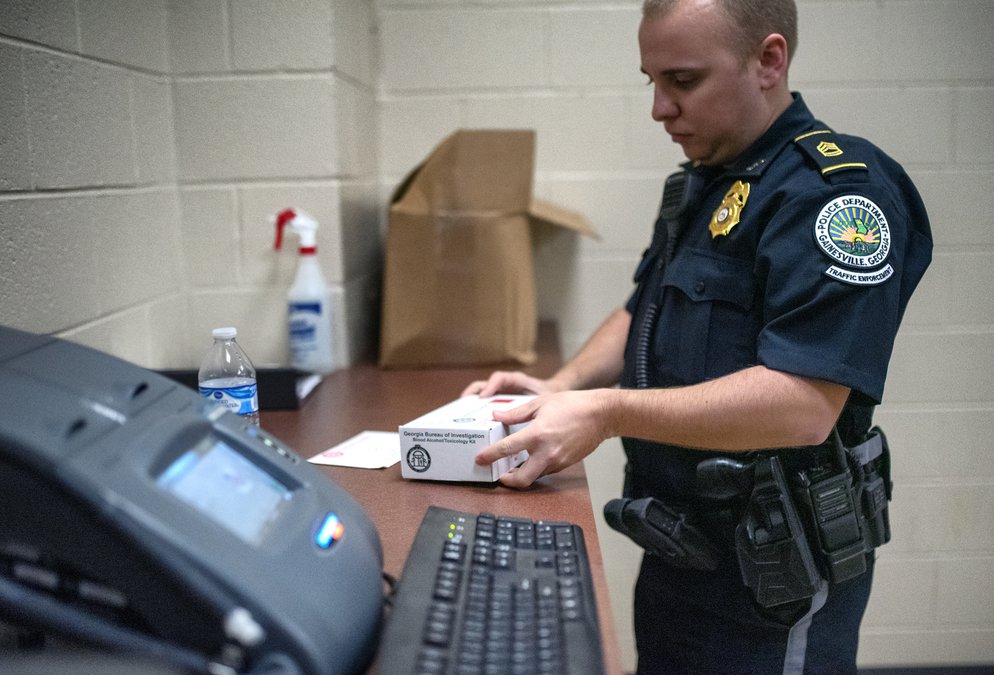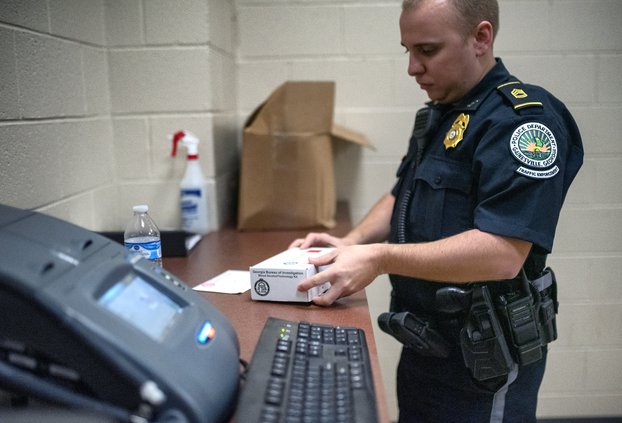Gainesville Police are holding their breath — or at least the word “breath” from the implied consent notice read to suspected DUI drivers.In the wake of a Georgia Supreme Court ruling that refusing to give a breath test could not be held against you in court, police are changing how they approach these suspects.
Prosecutors, police reworking DUI policy in wake of Ga. Supreme Court decision

